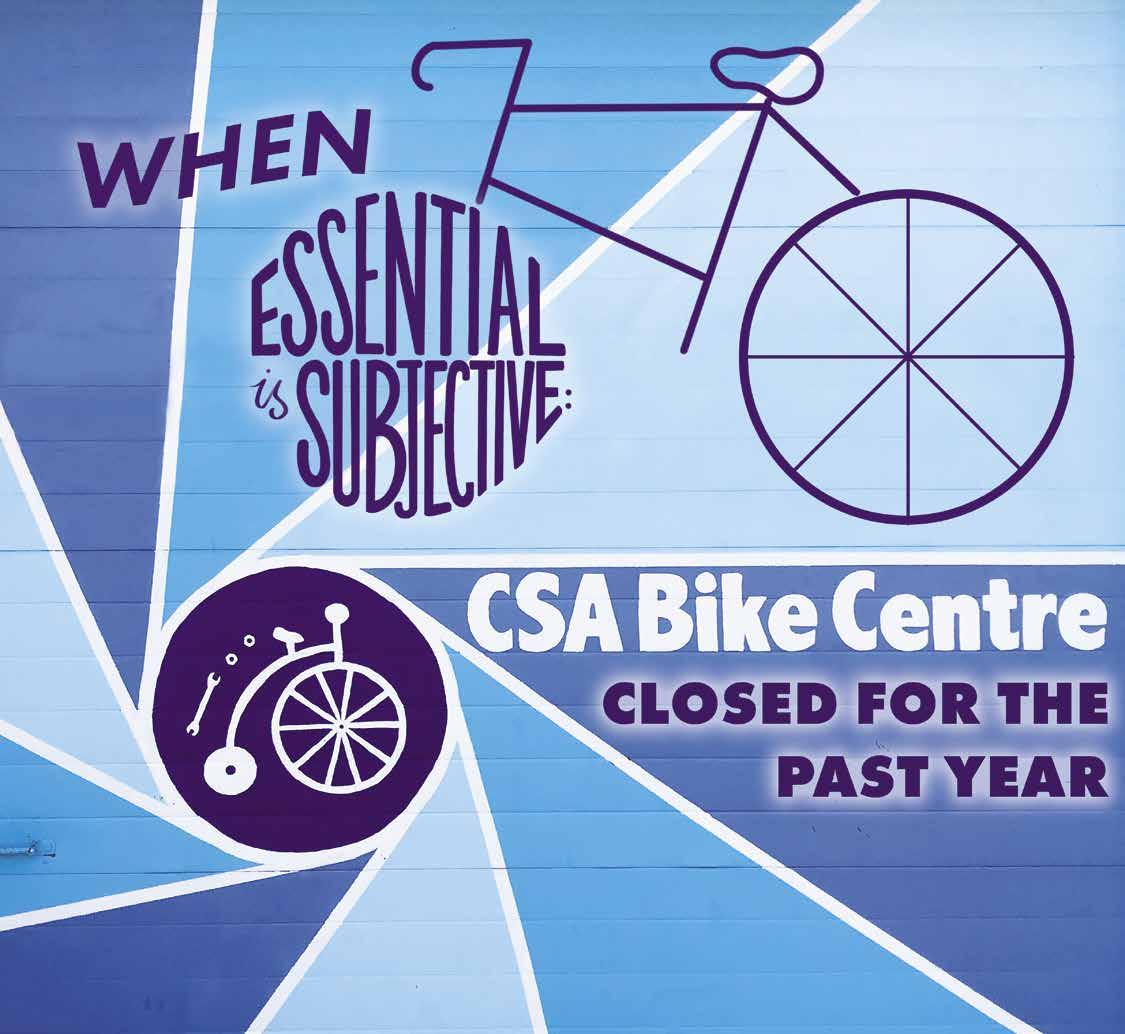24
SUMMER ISSUE | A PR . 2 9, 202 1
THE ONTARION
Caring for yourself involves making sure you eat, sleep, and drink water regularly. CREDIT: UNSPLASH
Mindful behaviours to improve mental health If you’re struggling with your emotions, consider utilizing DBT skills to stay grounded and increase your happiness ELENI KOPSAFTIS Note: This list of DBT skills, from Marsha M. Linehan’s “DBT Skills Training Handouts and Worksheets, Second Edition” and “DBT Skills Training Manual, Second Edition,” are courtesy of Student Health Services’ Mental Health Care Coordinator Lindsay Smart, and are not a replacement for professional therapy. Please consult the suggested mental health resources.
D
uring this whirlwind of a year, I’ve had lots of time to spend idly browsing social media while holed up at home during lockdowns. In this time, I’ve seen plenty of encouragement online urging others to stay strong during these uncertain times. For me, these messages felt… lackluster. Sentiments about “searching for silver linings” and “counting my blessings” fed into the self-deprecating part of my brain. If others are finding the silver linings, why can’t I? If others have it worse than me, why do I feel bad? While I’m sure all of these online messages were made in good faith, I have a hard time responding to thought-based encouragement. Some of us simply work better with a different ap-
proach to mental health than just thinking more positively.
DBT THERAPY Dialectical behaviour therapy (DBT) is a behaviour-based therapy developed by American psychologist Marsha M. Linehan that focuses on altering our negative behaviours when thoughtbased therapies fail. Our thoughts and behaviour affect each other in a cycle which then affects emotion. If this cycle leads you into a spiral of negative emotions, therapy will teach you to disrupt it. For example, thoughtbased therapies will encourage you to replace negative thoughts with affirming ones so that your behaviour can subsequently be influenced. Meanwhile, DBT focuses on interrupting negative behaviours so that our thought process
can follow suit. If you’re like me and thoughtbased therapies don’t always work for you, hopefully some of these DBT skills, courtesy of Student Health Services’ Mental Health Care Coordinator Lindsay Smart, can help you practice positive mental health.
ic and feeling and remain in our wise minds, it’s important not to indulge in behaviour that favours just one mind.
TAKE CARE OF YOURSELF According to DBT principles, most people are influenced by their reasonable mind and emotional mind. The reasonable mind is task-focused while the emotional mind is mood-dependent and acts based on feelings and urges. Ideally, we want to remain in what’s called the ‘wise mind’, a state where we see the value of both reason and emotion and can make thoughtful choices as a result. In order to balance log-
are all factors that shift our minds into the realm of emotion. If your body detects that it isn’t being taken care of, it will shift your focus away from logic until you can fulfill your needs. Before you act on impulse due to anger, sadness, or other negative emotions, consider grabbing a bite to eat or taking a nap. While the problems you’re facing may deserve being addressed, being in the right state of mind will help you deal with those problems in a more constructive way.
Icons by Flaticon
PRACTICE MINDFULNESS WITH “WHAT” SKILLS
The emotional mind is greatly influenced by the state our bodies are in. Have you not been eating and sleeping regularly? Are you not drinking enough water? Are you under the weather? These
It’s still entirely possible for emotions to take over even when your body is well taken care of. During instances where our feelings are out of control, you can try to ease yourself out of the emotion















